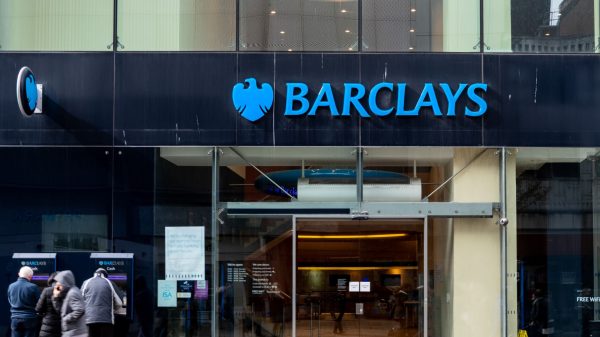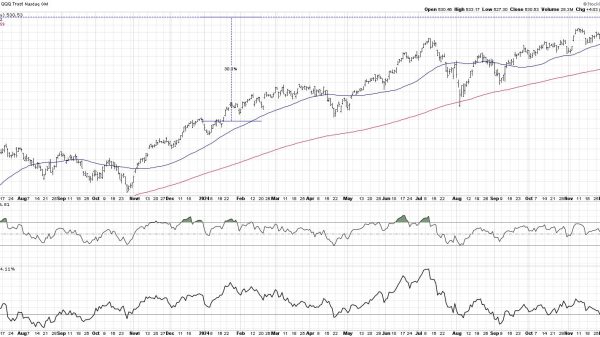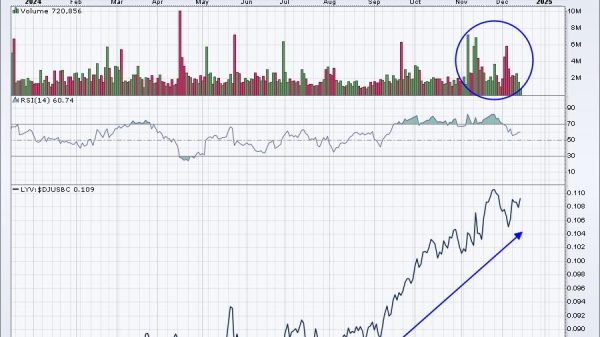Crypto Payments Privacy: Ensuring Data Privacy for Payroll and Financial Management
It’s a digital era. The more technologically advanced the world becomes, the more there’s a need to learn how to effectively use these technologies and manage the security risks that come with them.
It’s a period when individuals and organizations face possible security threats like data breaches, malware, phishing attacks, and hacking activities.
Organizations, especially those dealing with sensitive data, are proactive in implementing the best security measures to counter these attacks.
Ultimately, Payroll and financial management are crucial aspects of business that must be duly protected and not ignored. It involves the security of an organization’s Payroll when handling sensitive employee or user data, calculating taxes, and financial payouts.
No doubt, this could be complicated and plagued with liabilities. However, knowing the best ways to ensure data privacy for your organization’s Payroll and financial management is vital.
Is there a place for privacy in crypto payments? Is there data encryption, secure storage, and access controls when it comes to protecting sensitive data? How about ensuring enhanced privacy and streamlined management processes? Let’s see.
What exactly is Payroll and financial management
Payroll and financial management entail the systems and practices put in place to secure payroll data and processes from unauthorized infringements and manipulations.
Payroll data typically contains private information only authorized individuals should be privileged to. Talk of employee names, bank account numbers, tax information, social security numbers, and other personal data.
When it comes to Payroll security, a crypto payroll provider is useful. It helps to safeguard payroll data and systems’ integrity and confidentiality. You can use Toku as your crypto payroll provider, guaranteeing accuracy and dependability.
Some common threats against payroll and financial management include:
Insider threats Payroll fraud Unintentional exposure Foreign cyberattacks Compliance violationsThis necessitates efficient security measures such as strong passwords, frequent software upgrades and patches, data encryption, and employee education to identify and mitigate payroll fraud concerns.
What’s more? A porous payroll data security system costs organizations a fortune when they break down. Such organizations can also incur legal charges, as it also portrays them badly.
Is data privacy important in Payroll and financial management
The answer is a resounding yes. Data privacy, otherwise known as personally identifiable information, deals with handling and securing personal information, which covers social security numbers, financial data, and health records.
When it comes to a business or organizational setting, data privacy goes a step to cover the information that helps the organization operate. It entails proprietary research, development data, and financial information.
Data privacy in Payroll and financial management is crucial as it helps to protect users’ financial information. By safeguarding these sensitive data, organizations can mitigate fraud, identity theft, and other malicious activities.
It also builds the trust and confidence of users in an organization. When a business prioritizes data privacy and stays committed to protecting sensitive information, reputation, integrity, and reliability is built.
Moreover, ensuring data privacy in your organization is an ethical responsibility. If your organization handles data, there must be proper consent for data collection, usage, and sharing. That way, your organization is committed to respecting users’ financial entitlements.
An organization that prioritizes data privacy is compliant with privacy laws and regulations. The presence of regulations, such as the U.S data privacy laws that oversee safeguarding sensitive information, such as employee payroll and financial data are crucial, and cuts across diverse sectors.
To this end, businesses must acquire robust security processes to prevent and secure sensitive information and avoid theft, compromise, and misuse.
Crypto payments privacy—crypto purchases, data encryption, secure storage, and access control
Crypto payments have continually been a bridge between crypto and traditional finances. Crypto payments are digital currency services and are among the most popularly used worldwide.
With crypto payments, users can store, receive, and withdraw cryptocurrencies with the payment gateways they support. You can also buy bitcoin and other cryptocurrencies with a bank card and make bank transfers in GBP and Euro.
The funds from crypto payments can be instantly exchanged. With the opportunity for users. Some payment gateways offer users virtual crypto cards, and transactions are seamless. These payment gateways are available in web version, iOS and Android.
According to the privacy policy on the websites of many payment gateways,they use robust data collection, storage, processing practices, and security measures to secure data from unauthorized access.
Part of the issues that are also prevented are disclosure of:
Personal information Usernames Passwords Transaction information Data stored on the websiteMost crypto payment gateways use encryption to protect personal information. At the same time, they grant access to information to employees and third parties when it is necessary for them to process such data.
Here is where the issue lies–transmitting data over the Internet using personal computers or mobile devices is unsafe. Due to that, there is no guarantee on the security of documents submitted to these payment platforms.
This means that transmitting such documents is at the user’s risk. Although, as soon as the payment platform receives any user’s information on their database, they implement strict security measures and procedures to prevent unauthorized access from third parties.
Crypto payments privacy—types of data processed
Personal Identification Information like name, date of birth, email, utility bills, gender, photographs, mailing address, and phone number tops the list.
Similarly, payment and employment information like card information, transaction history, employer details, and job titles are processed. At intervals, users’ data are also processed so that their service is not fraudulently used for illicit activities.
Users may also be asked to provide additional documents or information to ensure compliance with legal obligations and legal interests. i.e., in the case of fraud, money laundering, and for counter-terrorism.
However, users still own their discretion to provide this personal identification information. They’re not suppressed to offer them.
Moreso, if a user cannot provide their personal information, it may be difficult for the payment gateways to render their services to such a user because of the requirements of anti-money laundering laws and other legal acts.
Crypto payments privacy–how information is used
Personal information is processed and used relying on some legal grounds and in situations such as:
When they enter into any agreement or contract with any user to provide their services; On occasions when compliance with legal obligations across jurisdictions is required. This is often with regards to the provision of financial services, as stipulated by accounting, taxation, and other laws, and in the prevention of criminal activities, such as fraud and money laundering; It is necessary for legitimate interests to prevent fraud, money laundering, or unauthorized use of users’ accounts and to analyze their account activity to provide users with adequate and reliable service and to offer the best possible options suitable for their needs. Personal information, such as email addresses are also processed to send service updates and notifications, marketing messages, newsletters, and other email notifications after users’ consent has been sought and backed up by law. Users can change their preferences later and opt out of such emails anytime by clicking a follow-come link in every email they receive, or through settings. Users’ consents are sought before processing any information mentioned above.Users’ information is also processed if there are situations when they need to identify you as a client and distinguish you from other users of the service. This purpose may be for some of these reasons:
To continuously provide users with functional, secure, efficient, and customized service; To operate and develop their service; To publish content and advertising on their website; To prevent losses and fraud; When there is a need to give you a response over any comment or inquiry you submitted; When there is a need to comply with legal and regulatory requirements, which include Know-Your-Customer (KYC) and anti-money laundering (AML) requirements; When there is a need to provide you with customer and technical support; To pass across information as regards partner’s offers and products; In the case of performing other marketing activities where your consent has been sought.
Crypto payments privacy–data privacy at its peak
When it comes to crypto payments, you can vouch for data privacy. Information collected as long as it is required to fulfill its part of the agreements to provide products and services to users.
When users decide to delete their account, such information is kept for many years after account deletion. This is to comply with the requirements of anti-money laundering laws and other legal acts.
There are also exceptional cases where users’ information can be kept longer due to rising legal requirements. However, retention periods can be changed periodically owing to legal and regulatory requirements.
The post Crypto Payments Privacy: Ensuring Data Privacy appeared first on FinanceBrokerage.
























